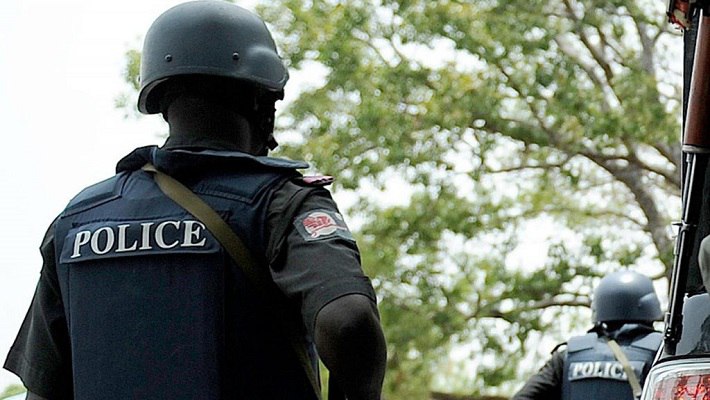Lagos Assembly lauds implementation of transport sector reforms
The Lagos State House of Assembly (LAHA), has commended the efficient implementation of new reforms initiated in the transport sector by the State government.
The Assistant Director, Public Affairs Unit of the Lagos State Ministry of Transportation (MOT), Mrs Bolanle Ogunlola, made the disclosure in a statement on Friday.
The Chairman, House Committee on Transportation, Mr Adedeji Adewale, gave the commendation when members paid a working visit to the Ministry of Transportation as part of its oversight functions.
Adewale noted that the initiatives would ensure that the State transport system becomes a model for measuring efficiency in transportation, not only in Nigeria, but the West African sub-region.
He stated that the obvious improvements in all modes of transportation including water, rail and road indicated that the government’s vision for efficient multimodal transport system was yielding positive results.
Adewale declared that the ministry of transportation had lived up to its mandate in terms of visible road infrastructure and traffic management.
The Chairman of the House Committee on Transportation pledged the Assembly’s continual support to the ministry.
“Let me commend the Commissioner for Transportation and his team for the good work thus far.
“Water transportation is getting better, BRT is working, different road infrastructure projects are visible everywhere,” he added.
In his contribution, the Special Adviser to Governor Sanwo-Olu on Transportation, Mr Oluwatoyin Fayinka, promised that the enforcement of Traffic Laws would be strengthened in accordance with the 2018 Traffic Law reforms of the State to reduce traffic congestion across the metropolis.
Earlier, the Commissioner for Transportation, Dr Frederic Oladeinde, commended the house committee for their doggedness and hard work.
Oldeinde noted that efficient traffic management and transportation was crucial in achieving sustainable economic growth.
He explained that all transport infrastructure projects embarked upon by the ministry were aimed at achieving the multimodal transport system of the State Government.
He said that the state government plans to acquire 2, 000 units of 11 and 13 seater microbuses to ease gridlock in the state.
“Gov. Babajide Sanwo-Olu has approved plans to partner with private investors for the initial acquisition of the 2,000 unit buses.
“The state shall provide counterpart funding of 40 per cent, while the supplier will inject 60 per cent equity for the acquisition of the buses.
“The private operator shall be required to make 20 per cent down payment to be eligible to come under the bus finance scheme.
“The state has engaged two companies to provide 1, 000 buses each, to be used for the first and the last Mile Bus Schemes.
“They are Origin Automobile Services, which will provide the 11 seater buses, while CFAO will provide 13 seater buses,” he said.
The commissioner explained that this would further reduce traffic congestion at key major gridlock points in the state, with a corresponding reduction in travel time.
He said the move was a giant stride to enhance integration between different modes of transportation making it seamless to travel.
According to him, the state government was promoting a transport system with significantly less adverse impact on the environment.
Oladeinde noted that in order to ensure proper bus tracking under the BRT, an intelligent transport system had been implemented.
He said: “Two control centres have been set up at the Ikeja Bus Terminal and at the LBSL Oshodi Terminal.
“LAMATA control centre is being scaled up to accommodate the monitoring of the BRT busses, so we are starting the pilot of our Common Ticketing System by October.
“We have also engaged all stakeholders on the value chain of the e-ticketing system,” he said.
Oladeinde said the state government had also introduced a fare collection strategy to ease the BRT payment system.
The commissioner said the Lagos State Cowry Travel Card System would be adopted to improve the fare collection strategy in the state.
He explained that a validator would be provided on every bus while a central switching company had been engaged to carry out the reconciliation and settlement of the fare.













Post Comment